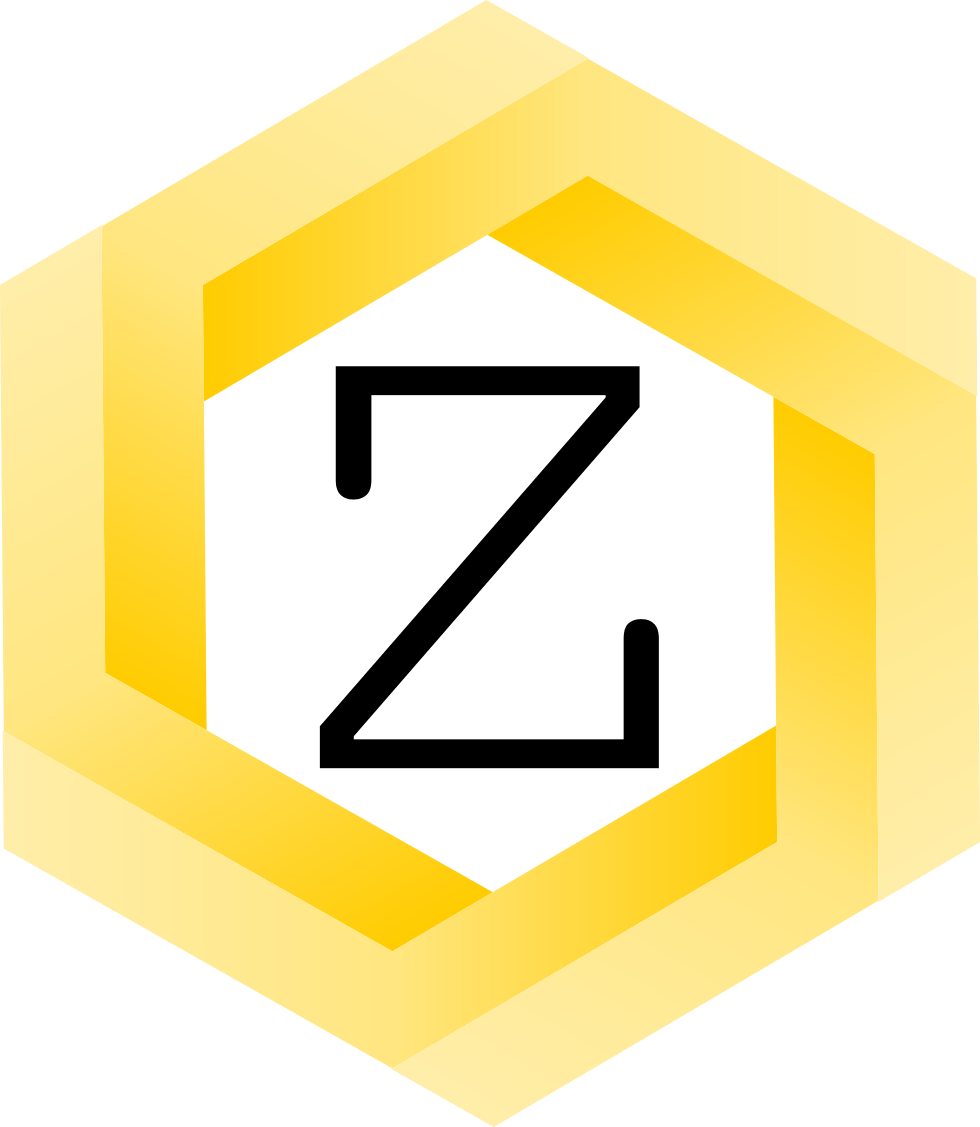The blanket and wholesale temporary ban on them indiscriminately is like cutting off the head in order to cure headache
Shamim A. Zahedy
During the on-going Secondary School Certificate (SSC) examinations, more than 30 private coaching centres located predominantly in Dhaka were sealed off and some 30 people were sentenced or fined in the ten days into the public examinations that began on February 2, 2019. They were punished for not complying with the government order to keep their informal teaching centres shuttered. The coaching centres were ordered to be shut down temporarily for the nearly month-long examinations to keep the examinations free from scandals of question paper leak.
Unlike the few past years, this time none of the examinations has so far been questioned over question leak, which is seen as a commendable success to stop the proliferation of the malpractice, though coaching system is not said to be the only source of question paper leak. Therefore, the solution does not lie in the suspension of coaching centre activities time and again.
After the SSC examinations, there will be the HSC (Higher School Certificate) examinations—if other public examinations of schools are even not considered—suggesting that another round of month-long shutdown of coaching centres will be in force, despite the fact that they are legal entities by virtue of their valid licences issued from the competent authorities. Obviously, all coaching centres are not guilty, and the blanket and wholesale temporary ban on them indiscriminately is like cutting off the head in order to cure headache.
Necessarily, not all coaching centers are run by school and college teachers, whether they are government or non government. Why should the persons who are not at all teachers of a school and college but are involved with legal coaching centres to impart extra lessons to students be punished for the offences they are not responsible for? Justice is not done.
Moreover, as the High Court on 7 February 2019 declared valid the 2012 government policy that bars teachers of both government and private educational institutions from getting involved in coaching centres, the teachers who only teach students in their centres should in no way come under the purview of this ban. Moreover, the 2012 policy allows a teacher can teach, in a day, a maximum of 10 students not belonging to his own institutions, with prior permission from the head of his or her institution.
Clearly, the temporary closure of coaching centres either run by school teachers or non-school teachers cannot ensure quality education either. Yes, maybe many teachers, definitely not all, are largely to blame for not imparting education to students in class rooms.
But why are the teachers only to blame? Why will the school and intermediate college teacher only come under the wrath? And why are the teachers only facing restrictions on private teaching or private practice after school hours for that matter?
Earlier in December 2017, the Anti Corruption Commission (ACC) requested the Cabinet Division to take action against teachers of schools in the capital for their alleged involvement in private coaching. The ACC told the government that the coaching practice had given teachers the opportunity to enjoy unethical income and illegal money, apart from the allegation that the students learn only a few questions prepared by the teachers and never care for textbooks.
What about others and other professionals?
Let us start with teachers of tertiary education. The teachers of public universities are allowed to teach students in other universities or do consultancy in different organisations. And the state of private universities is worse, where job status of maximum teachers is either contractual or temporary.
Physicians of government hospitals are allowed to do private practice or are permitted to give additional services to patients outside of their places of work after their duty work. And their counterparts in private hospitals are obviously re gulated by their respective organization rules and guidelines.
Absence of adequate classroom teaching is a failure on the part of the relevant authorities including the school inspectors whose job is to monitor the teachers whether they are doing their duties properly in school hours. The failure to book truant teachers should not lead to imposing wholesale ban on all, for school teachers are doing private tuition traditionally for a long time. The authorities ought to be a bit careful to take care of school level formal education system in Bangladesh.
Still, there are many other burning issues on the priority list that need to be immediately taken care of.
Op-ed
First appeared : 21 February, 2019 00:00 00 AM / LAST MODIFIED: 23 February, 2019 04:10:24 PM
http://www.theindependentbd.com/post/188567
The writer is the Executive Editor of The Independent

